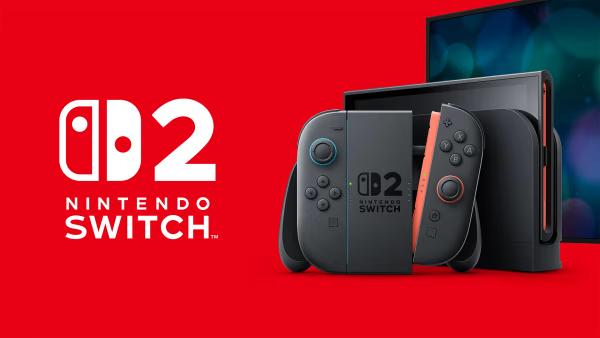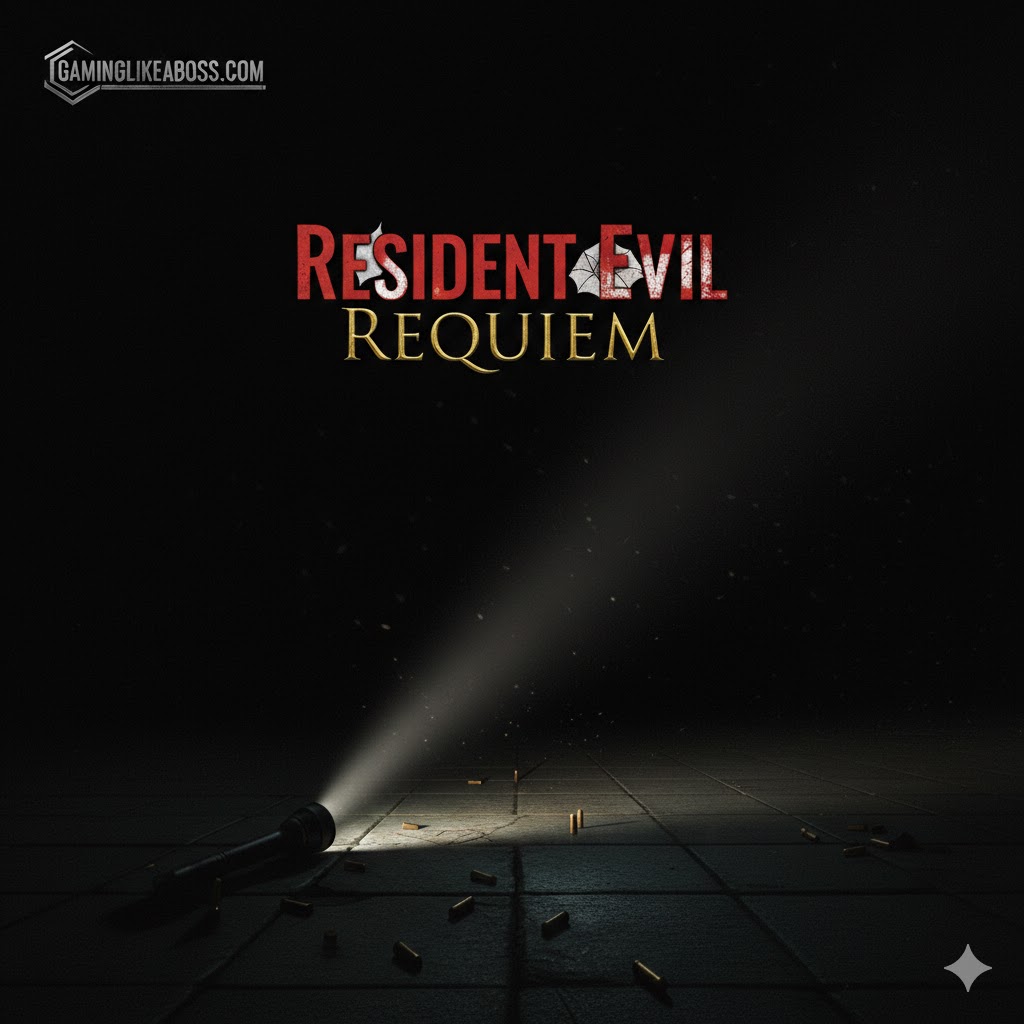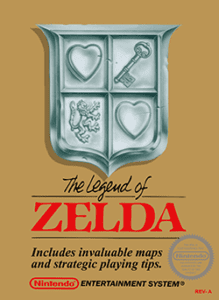The Race is On: Tracking the First Nintendo Switch 2 Emulators
The Nintendo Switch 2 has been on the market for a few months now, and as with any major console launch, the community is abuzz with a familiar question: “Where are the emulators?” For dedicated fans and developers, the arrival of a new console isn’t just about playing new games; it’s about the technical challenge of recreating the hardware in software. This time, the emulation landscape is shaping up to be more complex and legally fraught than ever before.
A New Console, A New Challenge
The Switch 2, codenamed “Drake” and powered by a custom Nvidia Tegra T239 processor, presents a fresh set of challenges for the emulation scene. Unlike previous generations where hardware commonalities eased the transition, the Switch 2’s internal architecture is reportedly a significant departure from its predecessor. This means that a lot of the groundwork laid by established Switch emulators like Yuzu and Ryujinx may not be directly transferable.
Nintendo itself has confirmed this architectural shift, revealing that the Switch 2 uses a form of real-time translation—a “translation layer”—to run original Switch games, rather than a full hardware-level emulation. This move is a fascinating insight into the technical leap between the two consoles and highlights why a “Switch 2 emulator” is not as simple as a Yuzu update.
The Early Contenders: Hassaku and Pound
Despite the technical hurdles, the race to build the first Switch 2 emulator is already underway. We’ve seen a few projects emerge, each with its own claims and progress reports.
- Hassaku Emulator: This project has garnered significant attention, claiming to be the “world’s first Switch 2 emulator.” Their developers have posted snippets and videos showing early progress, including a Switch 2 title partially booting before crashing. However, a healthy dose of skepticism is warranted, as some in the community believe these are simply re-branded hoaxes from previous years. The legal pressure from Nintendo also makes boasting about such progress a risky move.
- Pound Emulator: A more transparent and open-source effort, Pound is a project on GitHub that openly states its purpose is to emulate both the original Switch and the Switch 2. The developers have a clear roadmap, focusing initially on the architectural similarities between the two consoles and then tackling the differences. As of now, it’s in a highly “work in progress” state, but its open development process gives it more credibility.
A Changing Landscape: The Ghost of Emulators Past
The development of Switch 2 emulators is happening in the shadow of a major legal shift. Nintendo’s successful legal action against the creators of Yuzu and Ryujinx has sent a clear message to the emulation community. The developers of Yuzu were fined $2.4 million and forced to shut down, and Ryujinx also reportedly pulled its source code after a request from Nintendo.
This has created a chilling effect. While emulation itself is a legally grey area, the distribution of copyrighted firmware keys and enabling piracy is not. Any new emulator project must navigate this minefield carefully. We’re already seeing new projects, like the “Eden Emulator,” appear as forks of the now-defunct Yuzu, a move that is almost certain to attract Nintendo’s legal ire.
What Does This Mean for the Future?
While the current state of Switch 2 emulation is in its infancy, the a few things are clear:
- It’s a long road: The technical differences between the Switch and Switch 2, combined with the lack of publicly available system information, mean that a fully functional and stable emulator is likely years away.
- The legal risk is higher than ever: The high-profile lawsuits against Yuzu and Ryujinx have set a precedent. Any new projects will have to operate with extreme caution.
- Community-driven progress: As with all emulation, progress will be driven by the hard work of dedicated developers and the open-source community. The early efforts we’re seeing, particularly from projects like Pound, are a testament to this.
For now, the only way to experience the full library of Switch 2 games is on the official hardware. But the history of emulation shows that where there’s a will, there’s a way. It’s only a matter of time before these early, buggy projects mature into something more substantial. The question is, who will get there first, and will Nintendo’s lawyers be close behind?






Post Comment